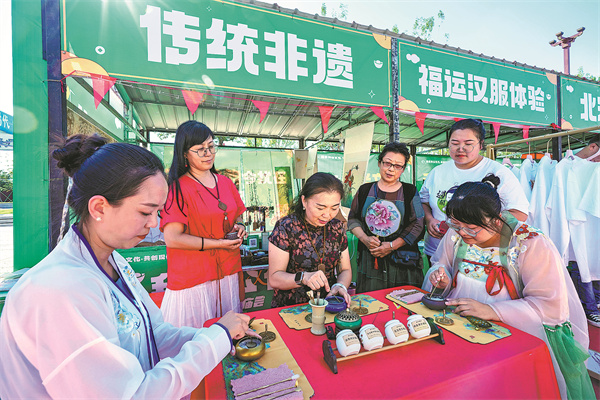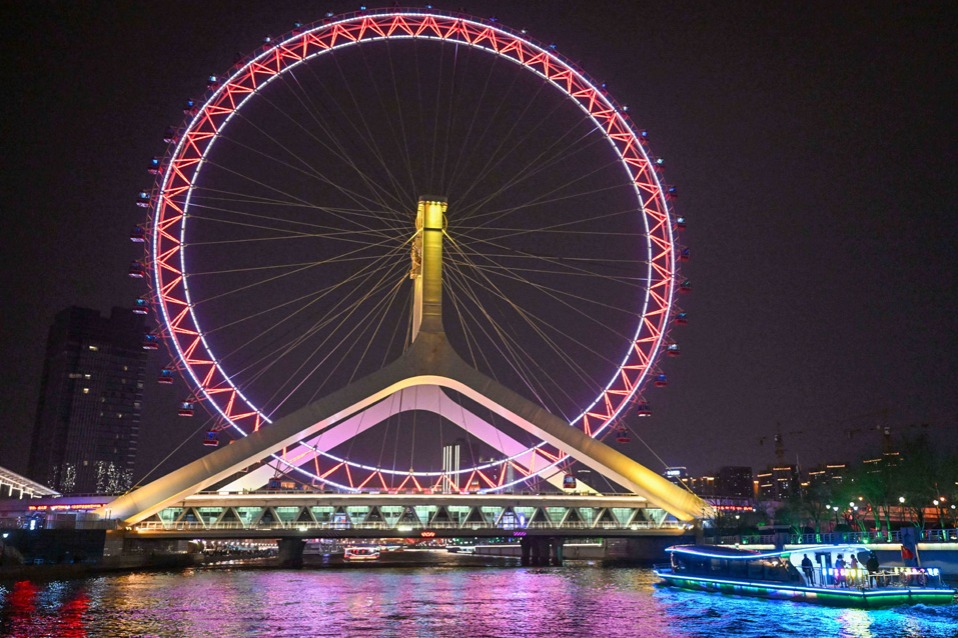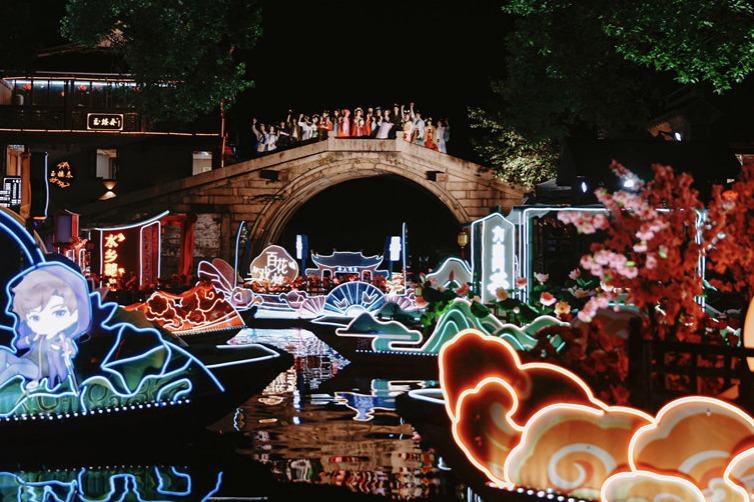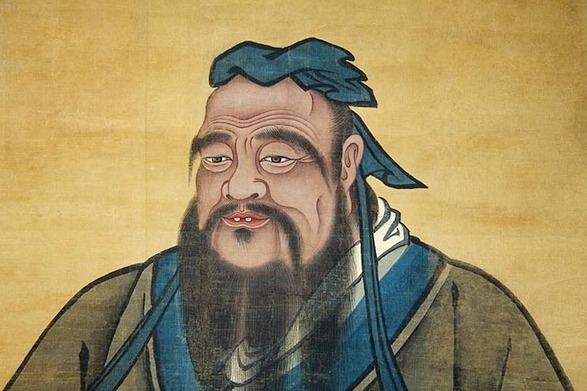Ancient military sage leads ranks of tourists


He is also regarded as a "god of fortune" by businesspeople and a "god for all" by the general public.
The status has led to nationwide worship of Guan and his many virtues have been praised.
He is among the most popular deities in China and in overseas Chinese communities. It is said there are more than 30,000 Guan Gong temples across China and more than 160 foreign countries and regions.
A statue of Guan Gong can often be found in shops and restaurants owned by overseas Chinese, with burning incense and candles surrounded with fruit as offerings.
However, residents in today's Shanxi, especially in Guan's hometown Yuncheng, are among the most faithful believers.
Among the countless temples of Guan Gong across the world, the one in Haizhou township of Yuncheng, where Guan was born, is the most typical, the largest, best preserved and most skillfully constructed.
Historical records said that the Haizhou Guandi Temple was first built in the Sui Dynasty (581-618). After several renovations, the main structures that have been preserved were built in the Qing Dynasty (1644-1911).
The temple was listed as a key national cultural relic protection unit in 1988 and recognized as a national 4A-class scenic spot in 2005.
The temple is the main venue for the annual Guan Gong Cultural Tourism Festival. Yuncheng has held 35 sessions of the festival, attracting people from throughout the nation and across the world to pay homage.
The first session of the event was held in 1990, when it was called the Guan Gong Temple Fair.
"From a temple fair to a cultural tourism festival, the event has effectively promoted the influence of Yuncheng as the hometown of Guan Gong," said an official in charge of the organization of this year's event. "It has evolved into a comprehensive platform to promote local culture and tourism industries as well as economic and trade cooperation." To promote local culture, many shows will be staged during this year's festival. The local Puju Opera featuring the stories of Guan Gong will be the highlight of the shows.
Puju Opera, also called Puzhou Bangzi, is a local opera form popular in the city of Yuncheng and its neighboring areas in Shanxi and Shaanxi provinces. With a history dating back to the Song Dynasty, Puju Opera is sometimes referred to as the "living fossil of China's opera art".

































